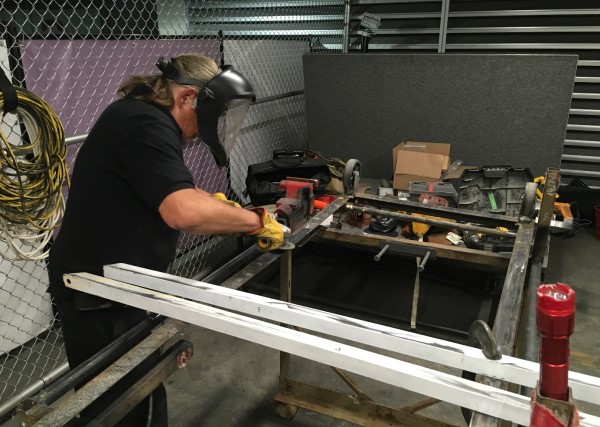Sustainability for your budget
![]() Print this Article | Send to Colleague
Print this Article | Send to Colleague
Although some sustainability-related practices will increase costs, many will help you to reduce or avoid expenses. In planning your event, first determine your organisation’s approach to sustainability to make the best decisions for your budget. For some events, the focus will be strictly on cost saving measures, for others it may be an option to use cost savings from one practice to subsidize another, and for some organisations, investing in sustainability may meet overall business objectives.
Tips for improving your financial bottom line with sustainable event practices
-
Order the food you need: The industry has long held a standard of ordering more food than what is needed. This often leads to extra food, which in the end, means wasted dollars (and often, food!). Talk with caterers about a food waste reduction plan, starting by ordering more efficient amounts. A few tips for more accurate guarantees include checking your past history for attendance by function (not just for the full event), and cross-checking your guarantees to your hotel room block pick-up patterns and adjust for late arrivals and early departures. Investing in food waste reduction is great for the bottom line; according to the Green Champions 123 Report, for every $1 invested in food waste programmes, you save $7 in food and beverage expense.
.jpg) Events in Action: Adding a food rescue programme, and using the results to adjust your guarantees in the future, can be a great way to save money. Courtney Lohmann, CMP, Director of Culture for Koncept Events, shares this story: "For one of our client’s food rescue programmes, we rescued most of our food from breakfasts. We learned that this group is not a croissant eating group. We had a lot of that left over each morning. Therefore in the future, we were better able to work with the hotel and set out more specific type items that we know they like to eat. This can cut down on your overall cost up front. The food rescue lets you really assess what the group likes to eat and helps you hone in on the things you know you need to have versus what they may not really like to eat."
Events in Action: Adding a food rescue programme, and using the results to adjust your guarantees in the future, can be a great way to save money. Courtney Lohmann, CMP, Director of Culture for Koncept Events, shares this story: "For one of our client’s food rescue programmes, we rescued most of our food from breakfasts. We learned that this group is not a croissant eating group. We had a lot of that left over each morning. Therefore in the future, we were better able to work with the hotel and set out more specific type items that we know they like to eat. This can cut down on your overall cost up front. The food rescue lets you really assess what the group likes to eat and helps you hone in on the things you know you need to have versus what they may not really like to eat." -
Reduce cost for both you and your partners: Looking at ways to save your partners money can also save you money, and vice versa. This makes for better events and better pocket books. In addition to addressing food waste, another way that planners and suppliers can collaborate to reduce cost is with recycling.
Events in Action: Broward County Convention Center in Fort Lauderdale, FL leveraged a new baler to save money for both the venue and the event organiser. The venue was able to reduce the number of "pulls" of waste from 39 to 17 for a client from the previous year by using a baler, saving then roughly $5,000 in waste fees. - Greenview Green Venue Report, 2017
-
 Join the circular economy: A circular economy prevents materials from going into waste streams by keeping them in the economy through practices such as recycling. Some event materials such as metals, can be recycled for a profit.
Join the circular economy: A circular economy prevents materials from going into waste streams by keeping them in the economy through practices such as recycling. Some event materials such as metals, can be recycled for a profit.Events in Action: The Salt Palace Convention Center in Salt Lake, UT saves money by using scrap metal to make repairs and build new tools and equipment onsite, which lengthens the life of the material and saves on new equipment purchasing. The remaining scrap metal is recycled (only a couple hundred pounds at a time, generates approximately $100 per month in income.

